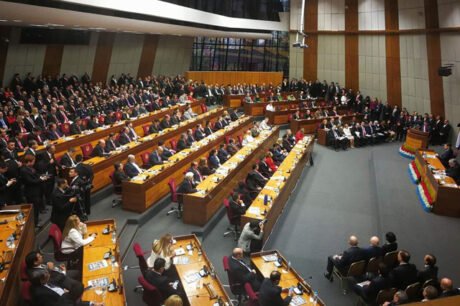Online sports betting accounts for more than 80% of legal sports betting in the U.S. As many as 6 more states will approve online wagering this year.
In 2019, a group of experts at the East Coast Gaming Congress predicted that 90% of legal sports betting in the US would be online in five to ten years.
But after only two years, 90 percent of the population is within range. Still, the total continues to rise. Last year, 92 percent of sports wagering in New Jersey was done on smartphones or computers.
New Jersey has the largest sports betting market in the country. Online betting accounted for 85 percent of all sports wagering in the first two months of this year.
Online Sports Betting Expands
By the end of the year, gaming consultant Chris Krafcik predicts that 20 to 23 states will have mobile sports betting.
Online gaming is currently legal in 14 states and Washington, D.C. Some states are Michigan, Illinois, Indiana, Iowa, Wyoming, Nevada, Colorado, Oregon, and more.
Moreover, mobile sports betting could be available in New York as early as next year. Arizona Governor Doug Ducey (R) signed legislation allowing in-person and mobile sports betting earlier this month.
21 states and Washington, D.C. have legalized sports betting in some form, either in person at casino sportsbooks or online — or both.
Tennessee is an example of a state that allows online gambling but lacks casinos.
Low Tax Earnings
The National Conference of State Legislatures stated that potential tax revenue is “a big selling point for legalizing sports betting in several states.”
While states see tax revenue as beneficial, particularly during a pandemic-related downturn, it is not always a large windfall.
According to the Associated Press, sportsbooks only keep 7.2 percent of the total money bet on sporting events. The rest is distributed to winning bettors. The amount that sportsbooks keep is taxed, not the total that bettors wager.
For example, bettors in Michigan wagered $302 million in February. The sportsbooks kept $9.5 million after paying out winning gamblers. According to the Associated Press, the state received $142,240 in taxes.
States that did not allow mobile sports betting received even less revenue.
“States hoping to close budget gaps with sports betting revenue may be disappointed,” according to the report, “especially as more states legalize and take their market share.”












0 responses on "As more states plan to go mobile, the majority of sports betting is done online."